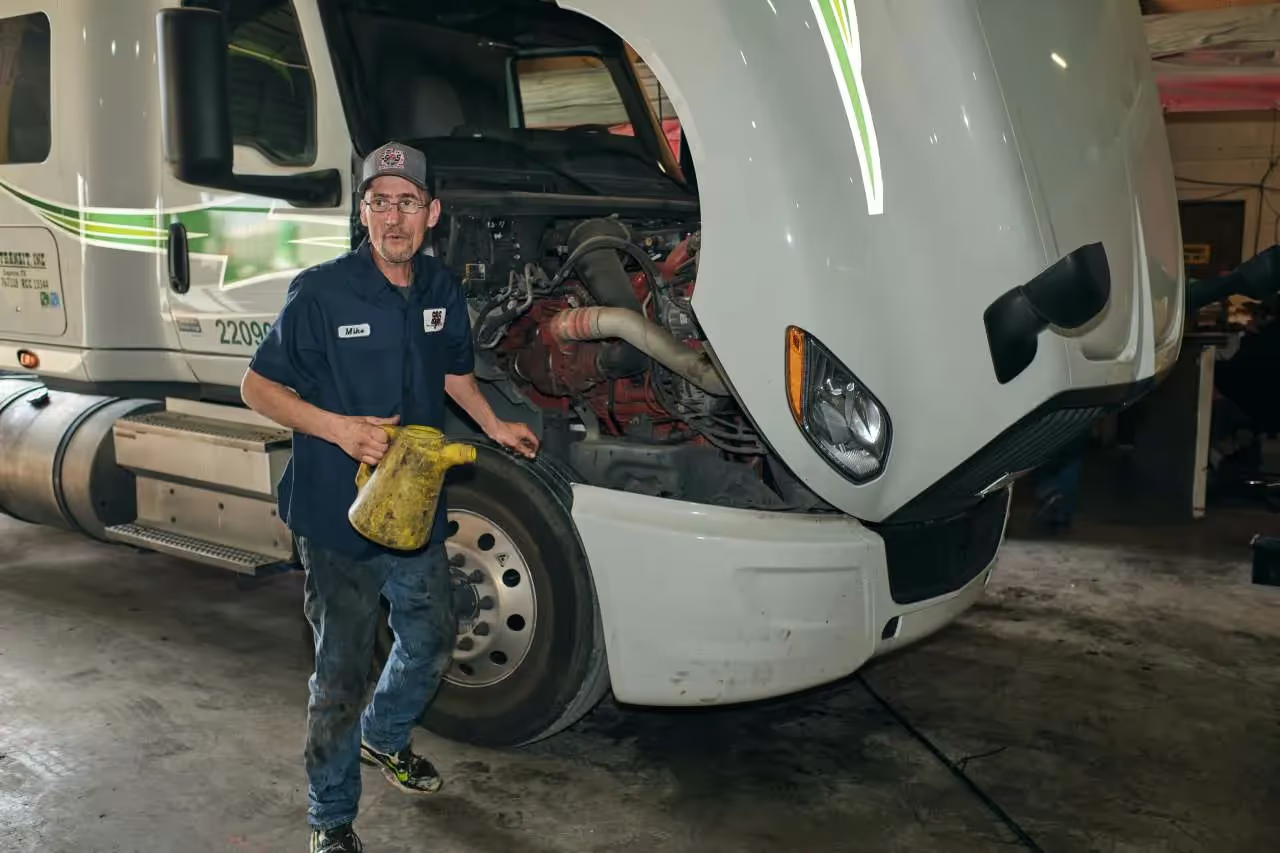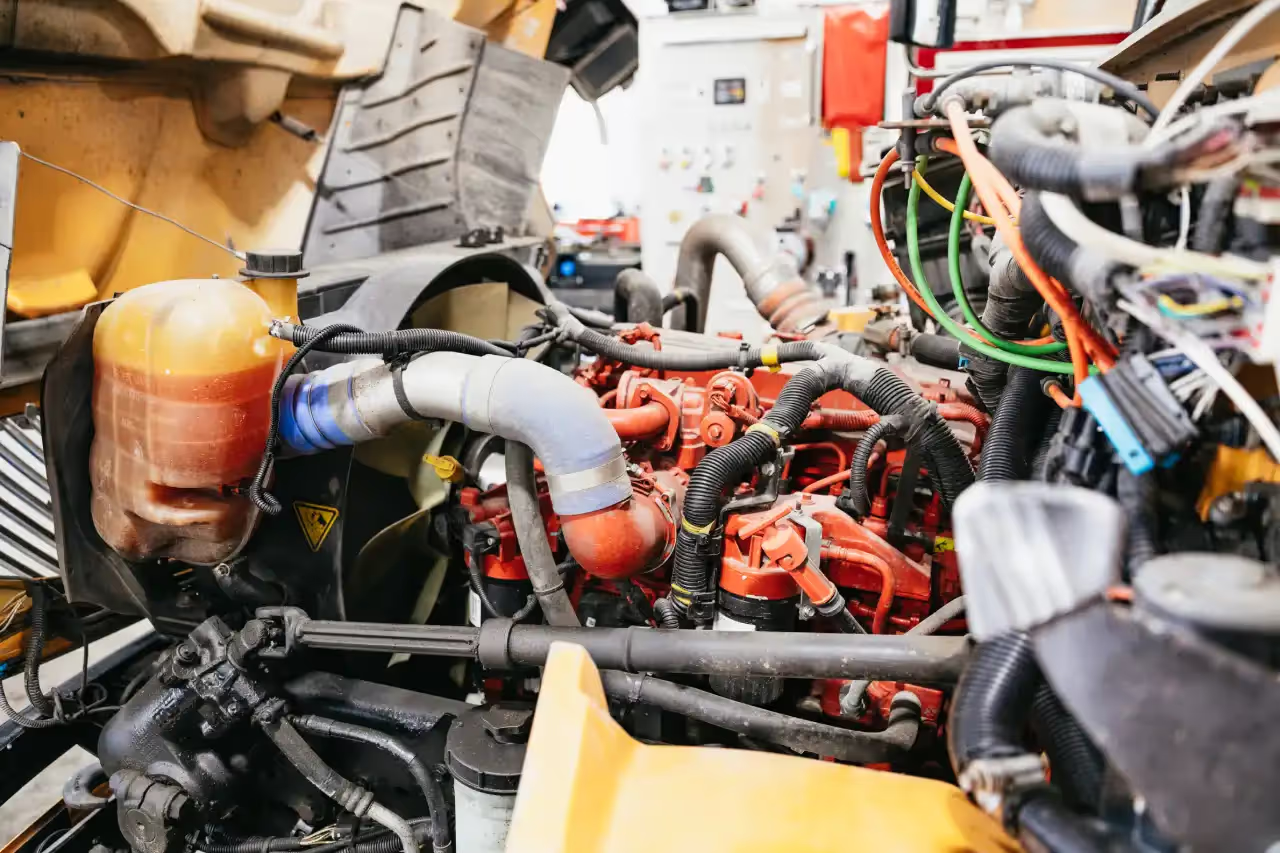Heavy-duty trucks are an integral part of many businesses and industries. From long-haul truckers to construction, heavy-duty trucks are used to transport goods and materials over long distances, as well as to perform heavy lifting. However, even the most reliable trucks need regular maintenance and tuning in order to remain in good working condition. Here are six common indicators that your heavy-duty truck may need tuning.
1. Unusual Noises
If you hear strange noises coming from your truck, it could be an indication of a problem. Unusual noises such as grinding, squealing, or clunking could mean that your truck is in need of some attention. This could be caused by a number of issues, from a worn-out belt to an unbalanced wheel.
2. Poor Fuel Economy
If you notice that your truck is getting worse fuel mileage than it used to, it could be a sign that your truck needs to be tuned up. Poor fuel economy can be caused by a number of issues, such as a clogged air filter or bad fuel injectors.
Heavy-duty truck tuning is an important part of maintaining a vehicle’s fuel efficiency and can help to reduce fuel costs and emissions. By making the necessary modifications and adjustments, truck owners can ensure that their vehicle is running at its most efficient level, resulting in improved performance and greater savings.
3. Vibrations
If you feel vibrations coming from your truck, it could mean that something is wrong. These vibrations can be caused by a variety of issues, from worn-out shocks to a misaligned suspension. This is where you need to understand that tuning is not the only problem that can lead you to unwanted vibrations in the heavy-duty truck. You just need to be mindful enough to figure out whether you are facing the issue because of a tuning issue or not. If you need assistance, you may always think about driving your truck to a nearby heavy-duty truck repair shop.
4. Poor Performance
If your truck starts to slow down or isn’t able to keep up with the demands you’re placing on it, it could be a sign that it needs to be tuned up. Poor performance can be caused by a number of issues, such as a faulty fuel pump or a clogged exhaust system.
5. Rough Idling
If your truck is idling rough, it could mean that something is wrong. Rough idling can be caused by a number of issues, such as a clogged air filter, an EGR system issue, or an old fuel filter.
6. Check Engine Light
If your truck’s check engine light comes on, it could mean that there is a problem. This could be caused by a number of issues, from a faulty oxygen sensor to a malfunctioning EGR system.
How to tune up your heavy-duty truck?
Heavy-duty truck tuning is the process of performing modifications to a vehicle’s engine, transmission, and other components in order to increase its fuel efficiency. This type of tuning is becoming increasingly popular among truck owners, as it can lead to significant savings in fuel costs and a reduction in pollution.
Assess the current performance of the vehicle
The first step in heavy-duty truck tuning is to assess the current performance of the vehicle. This involves examining the engine and transmission to determine if any adjustments or repairs are needed, such as replacing worn-out glow plugs or air filters. It can also involve measuring the air-fuel ratio, which is the ratio of air to fuel that is used in the combustion process. If this is not optimal, then tuning can help to improve the efficiency of the engine.
Identify the areas of tuning
Once the current performance of the vehicle has been assessed, the next step is to identify areas where modifications can be made to improve fuel efficiency. This may include installing a performance chip or module, which can be programmed to adjust the air-fuel ratio to make the engine more efficient. Other modifications may include replacing the exhaust system to reduce emissions or adding a cold air intake system to ensure that the engine is getting the most out of the fuel it is consuming.
Make appropriate adjustments
Finally, the last step in heavy-duty truck tuning is to test the vehicle’s performance and make any necessary adjustments. This may involve running the truck on a dyno machine to measure the output of the engine or simply driving it at different speeds to observe any changes in fuel efficiency. Once the desired performance has been achieved, the vehicle should be tested again to ensure that it is running at its optimal level.
Final words
Now you are aware of the most common signs which indicate that you need to go ahead with tuning the engine of your heavy-duty truck. If you notice any of these indicators, it’s important to take your truck in for service and tuning as soon as possible. Tuning your truck can help to improve its performance, fuel efficiency, and overall reliability. It’s also important to make sure that you’re following the manufacturer’s recommended maintenance schedule at all times.





.svg)

